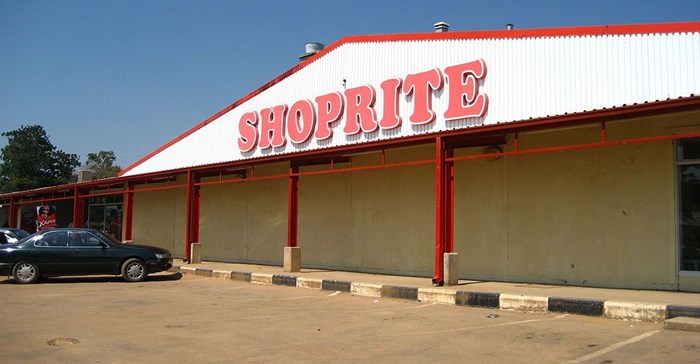
Top stories



Marketing & MediaAds are coming to AI. Does that really have to be such a bad thing?
Ilayaraja Subramanian 6 hours



More news

















For an economy battered daily by reports of job losses, the good news was that Shoprite created 4,000 jobs, securing its position as the largest private-sector employer in SA with more than 140,000 employees, according to Shoprite chairman Christo Wiese.
He said he was proud of the fact that despite operating in a depressed economy the company was still creating thousands of jobs every year. "We can rightfully claim to be a world-class company."
Analysts said this would be particularly discomforting news for its leading competitor, Pick n Pay, which was forced to shed about 4,000 jobs during its financial 2017.
For investors concerned that the proposed deal with Steinhoff Africa (Star) would threaten the sustainability of Shoprite's sterling track record, CEO Pieter Engelbrecht repeated his earlier assurance that Shoprite's management and operations "will continue to operate independently to drive its own focused strategic vision to create value for all shareholders".
The proposed transaction will result in Star taking a controlling stake in Shoprite.
Engelbrecht did refer to some synergistic potential with Steinhoff, including possible growth opportunities in eastern Europe, where Steinhoff has a large footprint. But Engelbrecht cautioned that growth outside Africa would be pursued cautiously.
Shoprite's share price rose 8% to close at R217.11 on Tuesday on the substantially better-than-expected results.
"I was expecting an improvement in margins, but what they've produced is so much more than I expected," said Sasfin analyst Alec Abraham. The analyst attributed the extent of the increase to the group's centralised distribution system and the aggressive application of technology to stock management.
This has helped to reduce shrinkage to record low levels and ensured stock outages were kept to a minimum. Finance director Marius Bosman said shrinkage levels were the lowest recorded by the company. "It's an excellent result and is way below international norms."
The strong results were underpinned by a 10.6% increase in turnover to R141bn. South African supermarkets lifted sales 10.5%, gaining 0.45% market share to a seemingly unassailable leadership position of 31.9%.
The performance was helped by big promotions. On Black Friday (November 2016), Shoprite sold 1,389 products for each second it was open. At a results presentation on Tuesday, Engelbrecht compared this achievement with Amazon's Prime promotion day in July 2016 when 636 (much more valuable) products per second were sold.
Supermarkets outside SA, helped by particularly strong performances in Angola and Nigeria, did even better with a 13.5% increase in turnover. In constant currency terms, which allow for the slump in the Nigerian and Angolan currencies against the rand, the performance was much stronger with growth of 33.8%.
Bosman said furniture sales were hit by the introduction of stringent regulations requiring affordability assessments of customers. "The requirements make it very difficult for informally employed [people] to buy furniture and that represents an important part of OK's target market," Bosman said.
Engelbrecht would not be drawn on the group's performance in the first six weeks of financial 2018 other than to say the environment was tough but that Shoprite was "doing much better than its competitors".
Source: Business Day

For more than two decades, I-Net Bridge has been one of South Africa’s preferred electronic providers of innovative solutions, data of the highest calibre, reliable platforms and excellent supporting systems. Our products include workstations, web applications and data feeds packaged with in-depth news and powerful analytical tools empowering clients to make meaningful decisions.
We pride ourselves on our wide variety of in-house skills, encompassing multiple platforms and applications. These skills enable us to not only function as a first class facility, but also design, implement and support all our client needs at a level that confirms I-Net Bridge a leader in its field.
Go to: http://www.inet.co.za